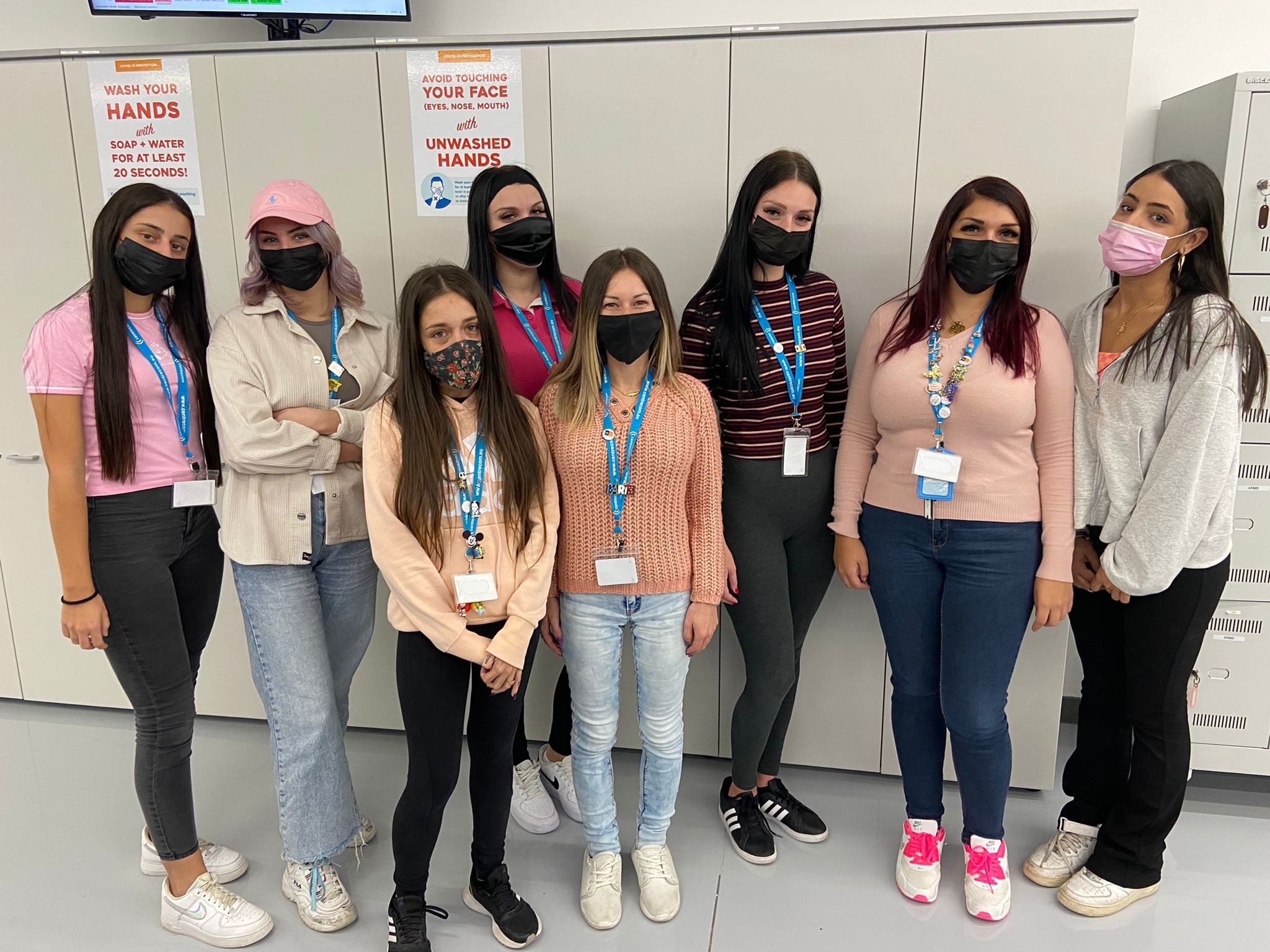Vast experience in the outsourcing industry operating since 1989. Get in Touch
Services we provide
Supporting clients globally.
6+Million
Contacts handled yearly across multiple channels in a variety of languages.
5+Million
Back office transactions are processed yearly from the most simple to more complex processes.
Back Office Services.
Contact Centre Services.
Data Inputting Services.
Document Management.
Outbound Services.
Global Presence
Connecting customers across the globe.
Over the years, Centrecom’s reputation as a professional and reliable BPO continued to grow and the company has expanded its operations with offices across the globe.
7 Locations around the world
15+ Speaking languages
Who we are?
Your go-to Business Process Outsourcing Partner delivering service excellence.
Our vision of putting our customers first gives us direction and drives our every day-to-day decisions, be these large or small. We consciously choose to care. We place our clients’ success and their customers’ interests at the heart of every decision we make.
Our team is an extension to organisations entrusting us to deliver a professional service through Quality, Innovation and Expertise. We are the go-to outsourcing partner offering Contact Centre Services, Back Office Functions, Airline Revenue Accounting.
Why choose us?
Why we are the most desirable service provider?
01
Experienced.
Our team use their experience from working with different clients from different industries, to provide a more enhanced and knowledgeable output to any client that comes aboard.
02
Convenient.
We will ensure your customer is provided an efficient service, just as if they were sitting right in front of us.
03
Friendly Support.
We know that above anything else, your customers want to be heard, listened to, and ultimately supported – we deliver all that with a friendly smile.
High-level contact strategy for the Future. Get in Touch
Our Testimonials
What our clients say about us.
Latest News & Blogs
The Latest news & insights from the newsroom.
Digital Archiving in 2025: Overcoming Security Pitfalls Before They Cost You
As businesses generate more data than ever, digital archiving is no longer just about storage—it’s about security. In 2025, understanding and preventing common document security pitfalls is critical to protect sensitive information, maintain compliance, and avoid costly breaches.
Why Outsourcing is a Smart Move: Solving the Staffing Crisis in Aviation
Airlines are facing a staffing crisis in 2025, with labor shortages, rising demand, and high attrition rates straining operations. Outsourcing is emerging as a smart solution—helping carriers cut costs, scale quickly, and deliver 24/7 customer support while staying competitive.
Ready to Talk?















































































